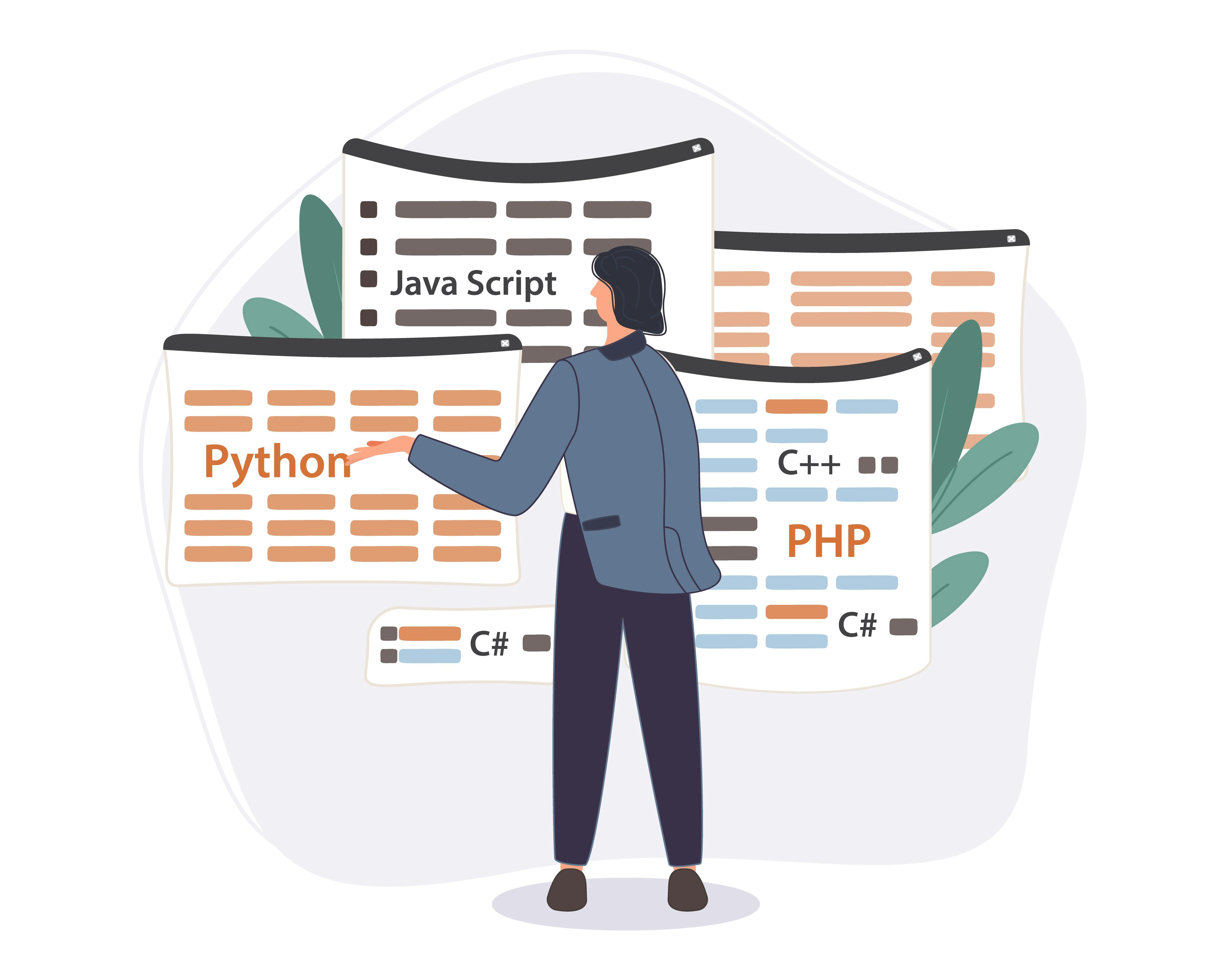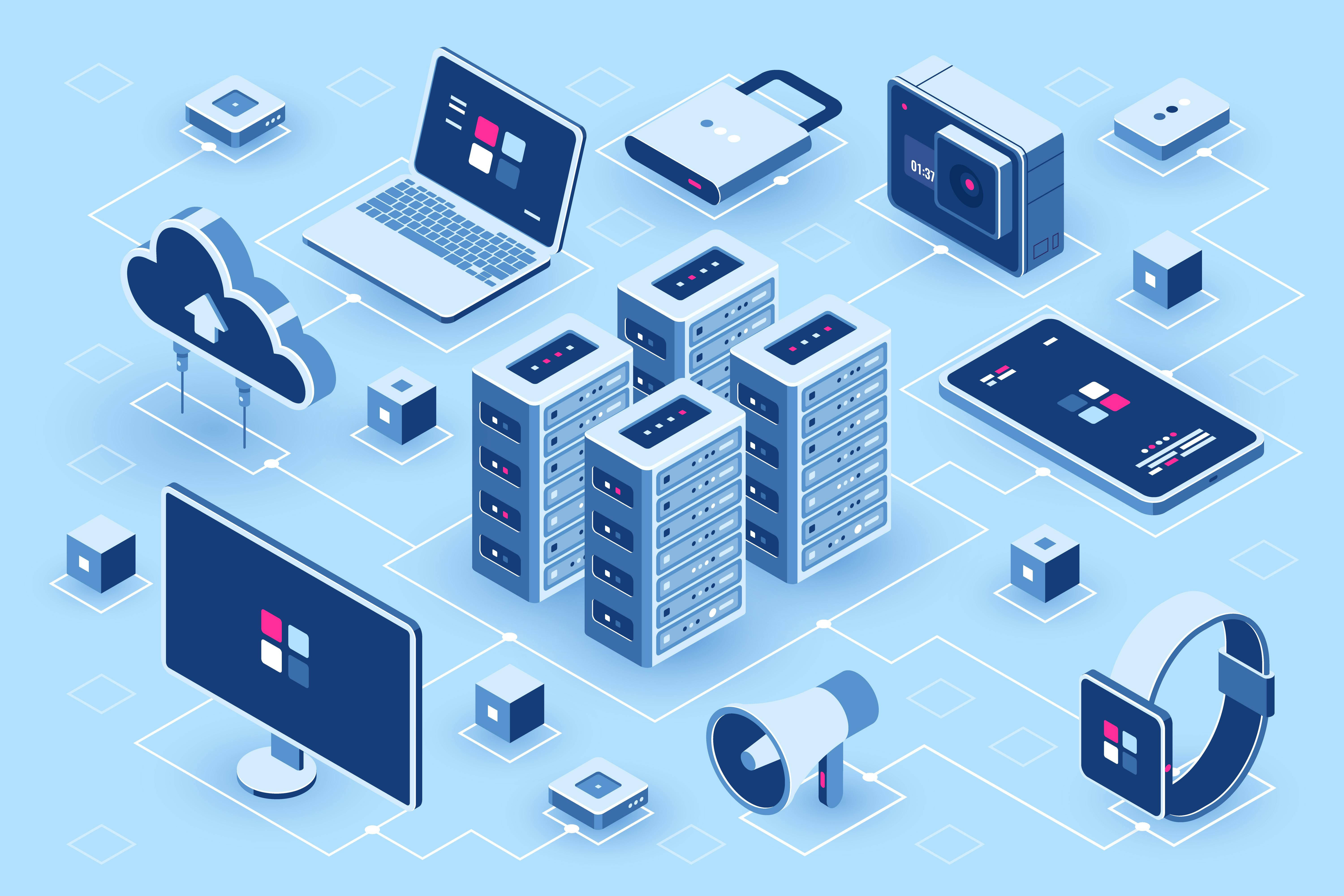From Zero to Devops Hero: A Beginner's Guide to Essential Prerequisites
By Rishi Vamshi Athinarap
If you're looking to break into the world of DevOps, it's important to have a solid foundation in the key skills and tools that will set you up for success. Here's a beginner's guide to the essential prerequisites for becoming a DevOps hero:

Image by svstudioart on Freepik
Familiarity with programming languages: While you don't need to be an expert programmer, having a basic understanding of at least one programming language is essential for working with the various tools and systems involved in DevOps. This includes understanding concepts such as variables, loops, and data types. Knowing a second or third language is also helpful, as it allows you to work with a wider range of tools and technologies.
Syntax: Understanding the syntax of a programming language is essential for writing and maintaining code.
Data types: Familiarity with different data types (such as integers, strings, and arrays) is important for working with and manipulating data in code.
Control structures: Understanding control structures such as loops and conditional statements are important for writing code that can make decisions and adapt to different inputs.
Debugging: Being able to troubleshoot and debug code is an important skill for any programmer, and is especially important in DevOps environments where code changes are happening frequently.
Code reuse: Familiarity with concepts such as functions and modules is important for writing code that is modular and reusable, which can save time and reduce the risk of errors.

Image by storyseton Freepik
Experience with version control systems: In DevOps, version control is critical for managing and tracking changes to the codebase. Familiarity with tools like Git is essential. This includes understanding concepts such as branching, merging, and resolving conflicts. Important aspects of experience with version control systems in DevOps:
Branching and merging: The ability to create and work with branches is essential for managing and collaborating on code changes in a DevOps environment.
Resolving conflicts: Familiarity with techniques for resolving conflicts that may arise when merging code changes is important for maintaining a clean and consistent codebase.
Collaboration: Version control systems like Git are often used for collaboration, so having experience working with these systems in a team setting is important for DevOps professionals.

Image by vectorjuice on Freepik
Understanding of system administration: DevOps professionals need to be comfortable working with and configuring various operating systems, as well as deploying and maintaining applications. This includes tasks such as installing and configuring software, setting up and maintaining servers, and managing user accounts. important aspects of understanding system administration in DevOps:
Installing and configuring software: Being able to install and set up software on servers and other systems is an essential task for DevOps professionals.
Server management: Familiarity with tasks such as setting up and maintaining servers, monitoring performance, and implementing backups are important for keeping systems running smoothly in a DevOps environment.
User management: Experience with tasks such as creating and managing user accounts, setting permissions, and enforcing security policies is important for maintaining the security and integrity of systems in a DevOps environment.

Image by fullvector on Freepik
Knowledge of network fundamentals: A strong understanding of networking concepts, such as TCP/IP and HTTP, is essential for working with distributed systems that are common in DevOps environments. This includes understanding concepts such as IP addresses, DNS, and network protocols.
Here are the most important networking concepts required to become a DevOps hero-
IP addresses: Understanding how IP addresses work and how to configure them is essential for working with distributed systems in DevOps environments.
DNS: Familiarity with DNS (Domain Name System) is important for translating domain names into IP addresses and routing traffic to the appropriate servers.
Network protocols: Understanding common network protocols such as TCP, UDP, and HTTP is important for working with the various systems and tools used in DevOps.
Network security: Familiarity with concepts such as firewalls and encryption is important for ensuring the security of networked systems.
Network troubleshooting: Being able to troubleshoot network issues is an important skill for DevOps professionals, as it allows them to quickly identify and resolve problems that may arise.

Image by vectorjuice on Freepik
Familiarity with automation tools: Automation is a key aspect of DevOps, and tools like ansible, puppet, and chef are commonly used to automate tasks and streamline the deployment process. This includes understanding how to use these tools to automate tasks such as installing software, configuring servers, and deploying applications. important aspects of familiarity with automation tools in DevOps:
Automating tasks: Being able to use tools like ansible, puppet, and chef to automate tasks such as installing software, configuring servers, and deploying applications can save time and reduce the risk of errors.
Writing scripts: Familiarity with writing scripts to automate tasks is an important skill for DevOps professionals.
Integrating with other tools: Experience with integrating automation tools with other tools and systems is important for building a seamless and efficient workflow in a DevOps environment.
By building a strong foundation in these essential prerequisites, you'll be well on your way to becoming a DevOps hero!
Connect with me on Linkedin.
